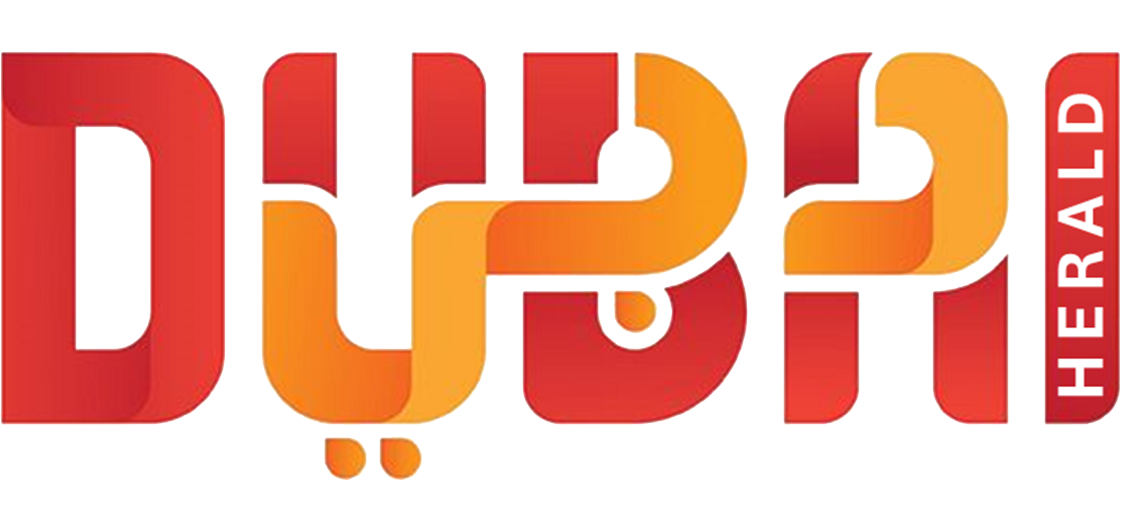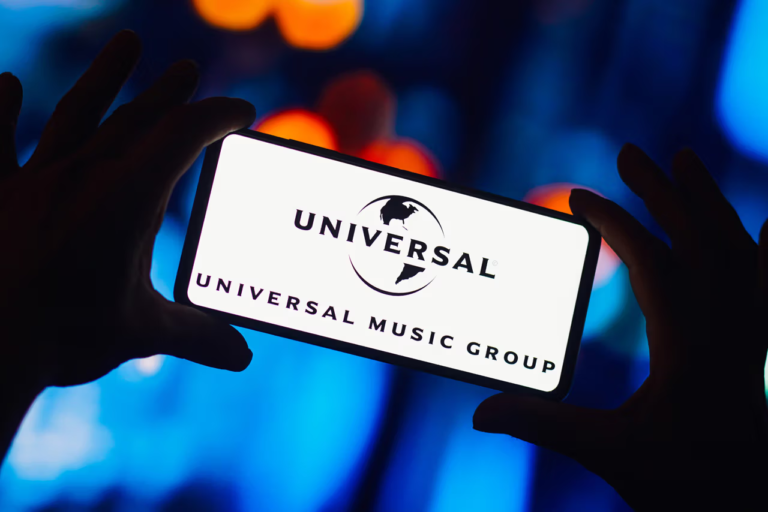In a recent development that could reshape the music landscape on TikTok, Universal Music Publishing Group (UMPG) has initiated the removal of songs from the popular social media platform. This action comes nearly a month after negotiations between TikTok and Universal Music Group (UMG) failed to result in a renewal of their licensing agreement.
UMG, one of the largest music corporations globally, allowed its licensing deal with TikTok to expire on January 31, citing several concerns. Among these were issues related to fair compensation for artists, the platform’s handling of AI-generated content, and broader concerns regarding online safety.
Initially, songs by artists represented under UMG labels like Def Jam and Virgin Music Group began disappearing from TikTok. However, the latest move by UMPG marks a significant escalation, as it encompasses songs published through UMPG’s extensive catalog.
While UMG and UMPG operate independently, with the latter focusing solely on publishing rights, the impact of UMPG’s decision is substantial. The removal process begins with UMPG targeting its “Anglo-American” repertoire, including tracks by globally recognized artists such as Adele, Justin Bieber, Taylor Swift, and more.
UMPG’s move raises questions about the extent of its authority to remove songs from TikTok, considering its partial ownership of the tracks it publishes. With UMPG typically holding a 20 to 30% stake in the songs, the full removal of its catalog may not be straightforward.
The potential consequences of this action could prompt TikTok to reconsider its stance and reinitiate discussions with UMPG. However, reaching a new licensing agreement may require compromises from both parties to address the concerns raised during the negotiations.
As the situation unfolds, the music landscape on TikTok hangs in the balance, with millions of users potentially facing disruptions to their content creation and consumption experiences. The outcome of this standoff between UMPG and TikTok could have far-reaching implications for the platform’s future relationship with the music industry and its user base.

